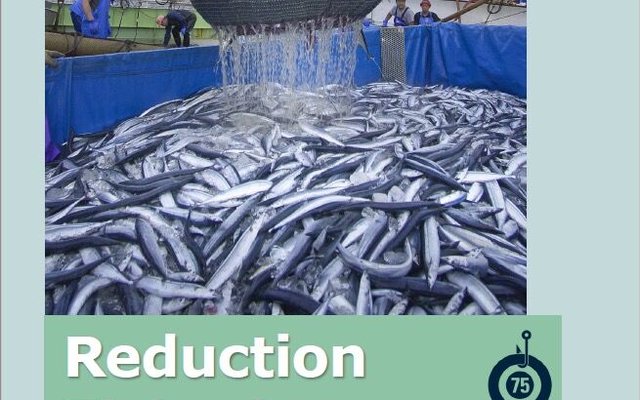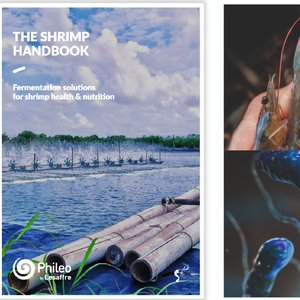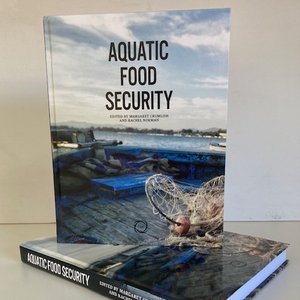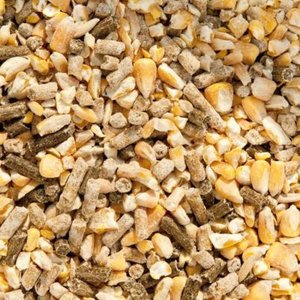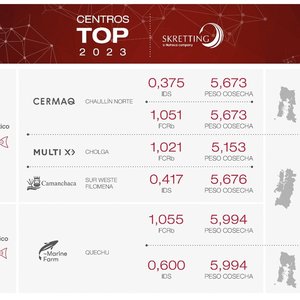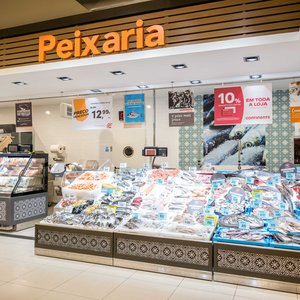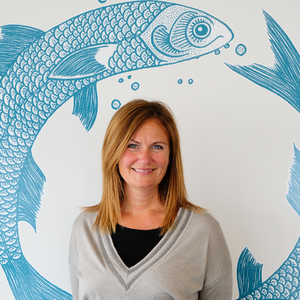A new report by Sustainable Fisheries Partnership (SFP) found that overall sustainability performance in the reduction fisheries sector has continued to decrease slightly since 2018. The decrease in performance was driven primarily by a drop in scoring of NE Atlantic blue whiting. Of the total volume in analyzed fisheries, 4% was rated very well-managed, 75% reasonably well-managed, and 21% poorly managed.
“This year’s report highlights two main things,” said Dave Martin, program director at SFP. “On the one hand, a decade of engagement shows that the industry has been instrumental in supporting improvements in fisheries management in key fisheries. On the other, overall performance has plateaued or slipped, and significant environmental and social challenges persist in key production regions.”
The report, which is the 12th edition of the annual assessment by SFP, evaluates 24 stocks based on sustainability scores in FishSource, SFP’s public database of fisheries information. Despite the overall slight decrease in sustainability, a review of the performance of 18 of those fisheries over the past decade shows a general trend of improvements in key areas, especially management strategies, managers’ compliance with scientific advice, and fishers’ compliance.
Varying trends are also observed in the stock and exploitation status scores. While some fisheries have improved or maintained their stock condition, others appear to reveal cyclic changes in the stock condition, which may be partially driven by natural fluctuations in the recruitment cycles of these species. This reinforces the increasing body of evidence on the key role of low-trophic-level (LTL) species in these ecosystems, and the importance of adopting ecosystem-based management for these fisheries.
Other key findings from the report include:
- Of the fisheries analyzed, changes in SFP sustainability categories from last year were observed in six fisheries. Four fisheries improved, while two decreased.
- The share of volume in the lowest category, “poorly managed,” remained flat at 21%, after doubling from 2019-2020. Some of these fisheries are relatively well-managed, but either the stock is in a seriously depleted condition or fishing pressure remains too high. Others show persistent management or compliance issues.
- A FishSource Environmental and Biodiversity scoring system was developed to better capture the full range of impacts a fishery (especially those targeting LTL species) may have and support the increased attention that is being brought to these issues.
- Coastal states continue to set unilateral quotas for NE Atlantic blue whiting and other straddling stocks in the Northeast Atlantic, which includes some of the biggest fisheries in the world. This has resulted in combined total allowable catch limits (TACs) well above the level advised by ICES and anticipated in the long-term management plan. Several fisheries had MSC certifications suspended in late 2020. In response, the North Atlantic Pelagic Advocacy group has been very active with public demands for countries to agree on catch limits in order to regain MSC certification, and in calling out countries that continue to set unilateral limits.
With the goal of scaling-up industry support for environmental and social improvements, IFFO (The Marine Ingredients Organization) and SFP announced the launch of the Global Roundtable on Marine Ingredients in October 2021. Roundtable priorities include two regional hot spots: Southeast Asia and Northwest Africa. Southeast Asian fisheries provide significant volumes of marine ingredients, yet are poorly understood and plagued by persistent environmental and social issues. As there is so little data publicly available on these fisheries, SFP is unable to include them in the annual assessment. While many fisheries from Northwest Africa are included in the report, it is of utmost importance to develop regional fisheries management strategies to improve fisheries and strengthen local efforts to safeguard food security and the livelihoods of local fishing communities that depend on fish as their main source of protein and income.
Jorge Diaz Salinas, global sustainability manager at Skretting, said that “this year’s report contains a mix of positives and negatives. The report from SFP clearly highlights the need for improvement in some fisheries to ensure sustainable development for long-term success. Skretting is committed to supporting sustainable fisheries and has recently supported the formation of a fishery improvement project for the NE Atlantic blue whiting fishery, as well as the Global Roundtable on Marine Ingredients. As an industry stakeholder, we are committed to taking appropriate actions to underline the importance of sustainable management of the fisheries we source from, through collaboration and guidance from key partners like SFP.”
Vidar Gundersen, global sustainability director at BioMar Group, said that “the SFP report shows that the industry can never assume that sustainability performance in the global reduction fisheries can be maintained over time. A continuous focus and encouragement of best practices in fishery management are necessary to ensure that marine ingredients can be harvested from socially responsible and well-managed fisheries.”
Helene Ziv-Douki, president of Cargill Aqua Nutrition, said that “this annual report underscores the importance the salmon feed sector does place on working towards sourcing from sustainably managed fisheries. At Cargill, we strive to work with our suppliers and the fisheries we source from to develop sustainable management in fishing. The success of this work is reflected through the report, but we also see that further work is needed to progress towards our goals.”
Michiel Fransen, director of the standards and science department at the Aquaculture Stewardship Council said that “ASC welcomes the 2021 SFP Reduction Fisheries Report. It provides a reliable reference for stakeholders to understand the state, and development, of the various reduction fisheries. It also reinforced the call for the industry to join the newly developed Global Roundtable, as it is clear that progress needs to be made to make marine ingredients live up to their sustainable potential.”
Check out the report here.


